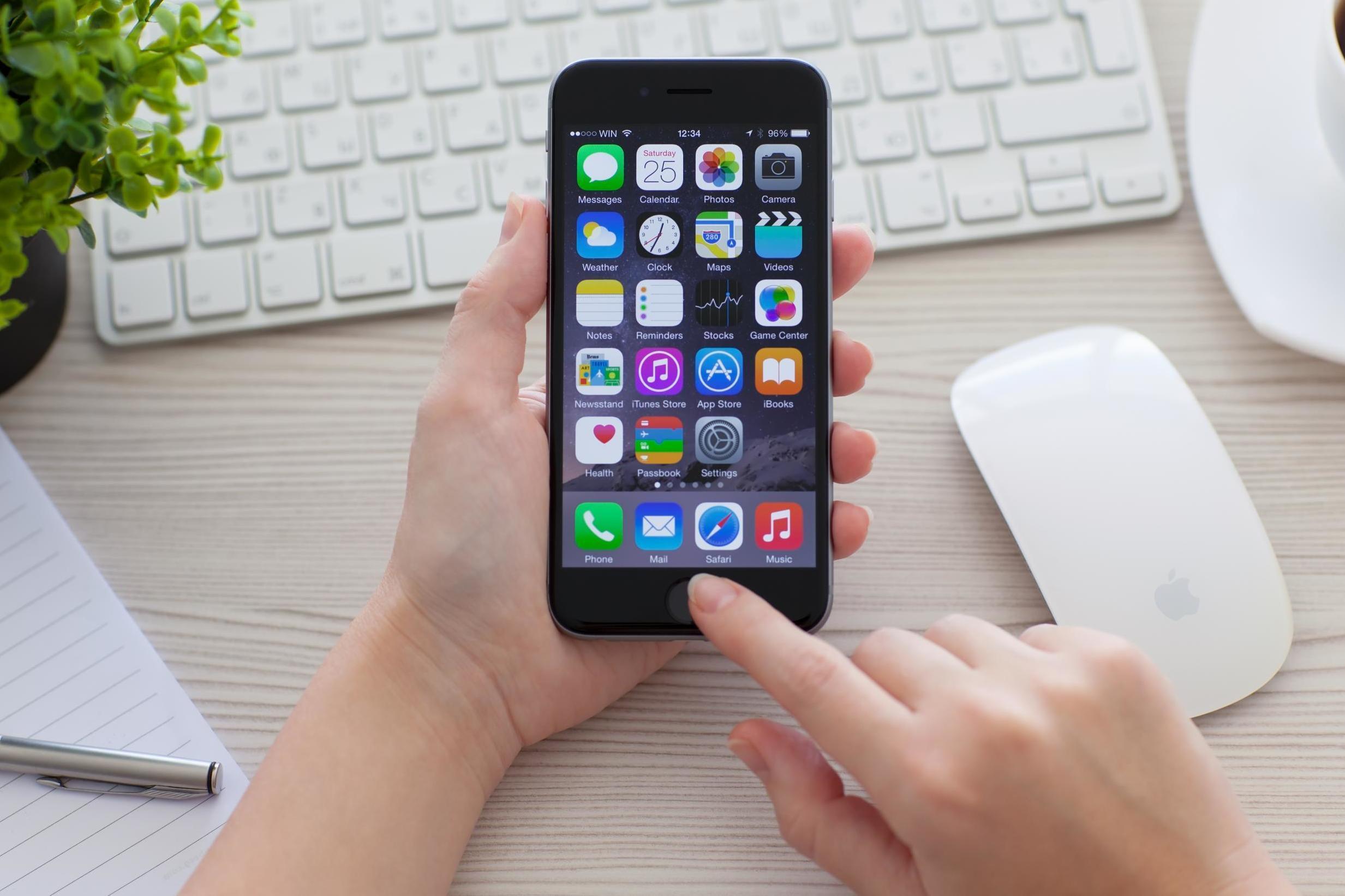Couples are giving each other fingerprint access to their phones raising questions of cybersecurity
For some, the access is a symbol of complete trust

Your support helps us to tell the story
From reproductive rights to climate change to Big Tech, The Independent is on the ground when the story is developing. Whether it's investigating the financials of Elon Musk's pro-Trump PAC or producing our latest documentary, 'The A Word', which shines a light on the American women fighting for reproductive rights, we know how important it is to parse out the facts from the messaging.
At such a critical moment in US history, we need reporters on the ground. Your donation allows us to keep sending journalists to speak to both sides of the story.
The Independent is trusted by Americans across the entire political spectrum. And unlike many other quality news outlets, we choose not to lock Americans out of our reporting and analysis with paywalls. We believe quality journalism should be available to everyone, paid for by those who can afford it.
Your support makes all the difference.With technology bringing us closer together than ever, some couples have begun taking their trust to new levels - by granting their significant others phone access via biometric recognition, or fingerprint.
The technologically-savvy relationship stage, allowing a partner fingerprint or facial recognition access, is essentially the millennial and Gen Z version of telling a partner your numeric password.
With iPhones and Androids capable of remembering multiple fingerprints or faces, it makes accessing a partner’s phone as easy as looking at it.
The reasons for having biometric recognition on a partner’s phone range from being able to change a song easily, or check an incoming notification, according to CNBC, which highlighted the trend, with one person comparing it to putting a significant other in the “top friends” section of Myspace.
And it also serves as a measure of trust, according to relationship expert Susan Winter, who told The Independent: “Sharing each other’s fingerprints (and having access to each other’s private messages and calls is indeed a sign of mutual trust.”
“This means that the couple is willing to commit to absolute transparency,” Winter told us. “Certainly, this eliminates many of the infidelity fears a partner may have while in a relationship.
“It’s a bold move that creates a foundation of trust and honesty.”
However, the unprecedented access raises questions about privacy boundaries in a relationship - and what can happen if a relationship goes south.
For one 32-year-old man from New York, who didn't wish to be named, the access is simply too much in a relationship.
"I've got nothing to hide - my girlfriend even reads my journal - but it just feels like a step too far to have the only locked-down, private device of mine available for her to view at will," he told us.
In addition to privacy boundaries, having the ability to use a fingerprint on a partner's phone can also lead to security and data-breach issues.
Although it is possible to simply delete a partner’s fingerprint from a phone’s settings if problems in a relationship arise, or not allow them physical access to the phone, cybersecurity expert at K2 Intelligence and former prosecutor Patrick Doherty pointed out that they can cause damage first.
Doherty explained that the access means a partner could use their significant other’s phone to pretend to be them - to send emails or log on to social media accounts.
Fingerprints can be used in place of passwords for a number of online accounts, such as online banking - meaning that a partner’s fingerprint would be sufficient to grant access.
While the sentiment behind storing a partner’s biometric password is understandable - that you trust your partner and have nothing to hide - in reality, it can be a risky move when it comes to cybersecurity.
Join our commenting forum
Join thought-provoking conversations, follow other Independent readers and see their replies
Comments